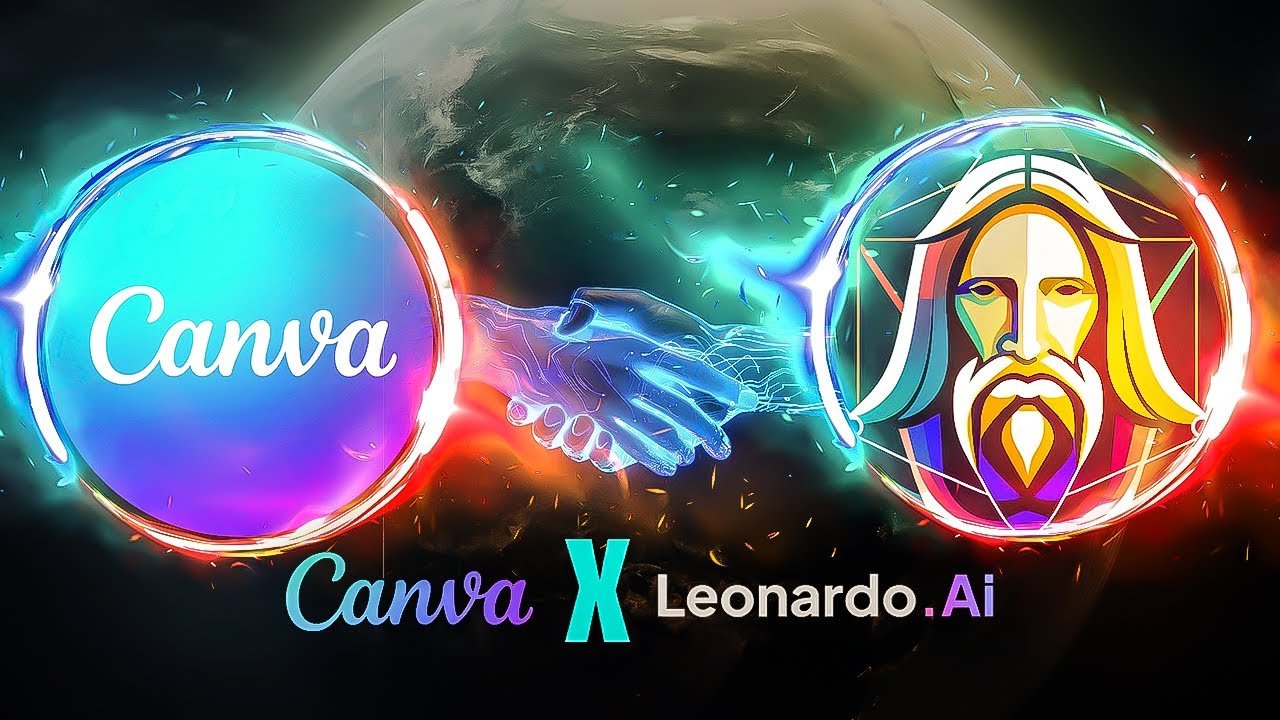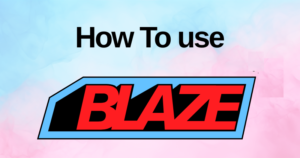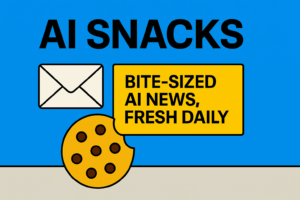
Canva buy Leonardo AI
Canva has announced its strategic acquisition of Leonardo AI, a creative AI startup based in Australia. This acquisition strengthens Canva’s position in the rapidly growing market for AI-enhanced design platforms.
A Major Step Forward for Canva
The purchase of Leonardo AI marks a significant step in Canva’s efforts to build an all-encompassing suite of intuitive AI tools. As demand for innovative and efficient design solutions continues to rise, this acquisition could reshape how designers and creators approach their work, unlocking new possibilities for AI-powered creativity.
Acquisition Details
Although financial terms were not disclosed, the acquisition will see all 120 members of the Leonardo AI team, including its leadership, integrated into Canva’s workforce. This move underscores Canva’s commitment to acquiring not only the technology but also the talent and expertise behind it.
Founded in 2022, Leonardo AI quickly established itself as a leader in creative AI, boasting over 19 million registered users and facilitating the creation of more than a billion images. Initially focused on generating video game content, Leonardo AI has since expanded to serve various industries including fashion, advertising, and architecture.
Strategic Implications for Canva
By bringing Leonardo AI into its operations, Canva aims to enhance its existing Magic Studio AI suite while maintaining Leonardo AI as a standalone platform. This approach allows Canva to bolster its core offerings while also leveraging Leonardo AI‘s established user base and cutting-edge capabilities.
This acquisition is part of Canva’s broader strategy to invest in AI and expand its creative tools, positioning itself as a formidable competitor in the creative software space.
Impact on Canva’s AI Products
The integration of Leonardo AI‘s technology is expected to significantly boost Canva’s AI capabilities. Canva’s Magic Studio, which has seen over 7 billion uses since its launch in 2023, is likely to benefit from substantial upgrades and new features.
Potential enhancements could include more advanced image and video generation tools, increased control over AI-generated content, and improved customization options. Leonardo AI‘s real-time “Live Canvas” feature, which allows users to sketch and see AI-generated results based on both text and image prompts, could be a game-changing addition to Canva’s suite of tools.
Industry Impact: A Challenge to Adobe’s Dominance?
The acquisition of Leonardo AI highlights the growing importance of AI in creative software. As AI technology continues to evolve, it is becoming an indispensable part of the design process, offering tools that significantly enhance productivity and spark creativity.
By integrating Leonardo AI‘s advanced capabilities, Canva is positioning itself as a more comprehensive and technologically advanced platform, potentially challenging Adobe’s dominance in the professional design space. The ability to offer greater precision in AI-generated content and wider applications across multiple industries could help Canva stand out in the increasingly competitive market for AI-driven design tools.
Ethical Considerations and Challenges
However, the acquisition also raises some concerns and challenges. One key issue revolves around AI training data. Leonardo AI has been vague about its data sources, stating that it uses “open-source/licensed, aggregated, and publicly available data.” This lack of transparency may raise questions about copyright and the ethical use of data, particularly in light of recent controversies in the AI industry regarding creators’ rights and data usage.
What This Means for Users and Creators
Canva’s vision of AI-powered design seems focused on democratizing creativity and making advanced design tools accessible to a broader audience. Integrating Leonardo AI‘s technology could bring more intuitive and powerful AI-supported design features, potentially lowering the barriers to entry for complex design tasks.
For users, this means access to more sophisticated design capabilities without the need for extensive training or expertise. Professional designers may discover new ways to streamline their workflows and explore creative possibilities that were previously time-consuming or technically challenging.
In the broader creative industry, we can expect a continued shift towards AI-enhanced design processes. As these tools become more prevalent, we may see changes in job roles and skill requirements, with a greater emphasis on understanding and effectively leveraging AI tools. Looking ahead, we can anticipate further developments in AI-driven creative tools, such as enhanced natural language interfaces for design tasks, improved 3D content generation and manipulation, and even AI systems that can understand and adapt to individual designers’ styles and preferences.







